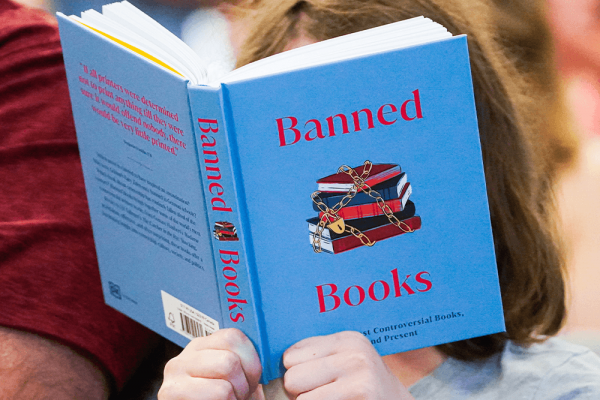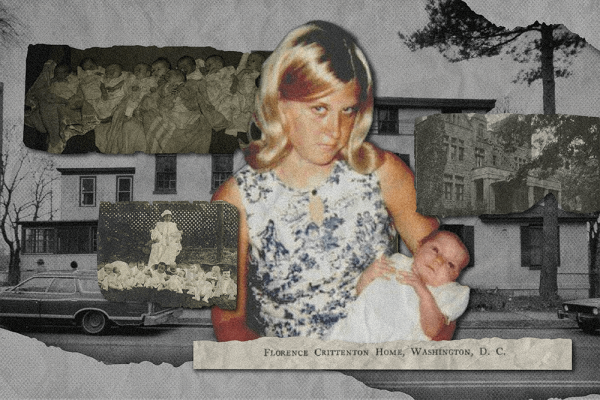Growing up as a Christian in the U.S., I was told that Jesus came to die on the cross for our sins and establish the Christian religion. It’s embarrassing to admit, and stands as an example of the way in which casual antisemitism saturates Christianity, but it was not until my college years, after encountering Chagall, that I realized Jesus was distinctly Jewish and that Jews had been offering unique and refreshing ways to see Jesus throughout history.
Writer, art curator, and expert, Aaron Rosen is continuing that tradition, offering new ways to see Jesus from his context as a practicing Jew by inviting people to imagine Jesus as a visual thinker. Aptly titled What Would Jesus See, Rosen’s book encourages people of all backgrounds — Christian, Jewish, or no religion at all — to imagine “how Jesus saw, what he saw, and why this is important today.” The shift from “What would Jesus do?” to “What would Jesus see?” may seem like a way to deemphasize Jesus’ actions. But as Rosen writes: “For Jesus, seeing was doing. At the core of his short ministry was a recurring call to look at the world—and especially its most disadvantaged denizens—with new eyes.”
Over the course of 2023, two professors at Christian colleges and universities — Julie Moore of Taylor University and Sam Joeckel of Palm Beach Atlantic University — alleged that they lost their jobs after teaching on racial justice in the classroom. (Moore settled with Taylor; Joeckel is suing PBAU, citing discrimination and retaliation.)
It’s clear why fans created the once popular but now defunct Facebook page,“Is This Sufjan Stevens Song Gay Or Just About God?” But Stevens’ music has never been either gay or about God. It’s indivisibly gay and about God.
I have spent my life advocating for Palestinians and Israelis to use nonviolent means to resolve their conflicts. Because Israel feared Palestinian unity and mass nonviolent action, I was expelled by the government in 1988. Since then, I have, on several occasions, personally advocated with Hamas leaders to abandon armed struggle and embrace nonviolent campaigns. Yet, today, Palestinians and Israelis are once again killing each other.
As is still the case today, bipartisan programs take effort — and bringing PEPFAR to life was no small feat. It required navigating a host of controversial issues such as the use of condoms and perceptions of the disease. It required enlisting the support of social conservatives. It required making an economic, a national security, and a humanitarian argument. It required raising awareness and galvanizing political will.
Over the past two decades, the United States has saved millions of lives by investing $110 billion in the U.S. President’s Emergency Plan for AIDS Relief, which aims to end the AIDS crisis by 2030. More than 25 million lives have been saved since PEPFAR launched in 2003, and 5.5 million babies who would have been born with HIV were born virus-free.
Book-banning has always been about censoring the stories, histories, and information that push us to question the status quo.
When Francine Gurtler gave birth at age 15, she felt like she lost her voice. Gurtler lived at an Episcopal home for unwed mothers and said the workers of the home coerced her into placing her baby for adoption. “They literally took him from my arms,” she said. The adoption record notes she was “tearful,” but Gurtler said, “I was sobbing, hysterically, uncontrollably, on the ground begging the social worker to let me keep my baby.”
One of my favorite passages in the Bible is from in Isaiah 61:1: “The spirit of the Lord God is upon me, because the Lord has anointed me; he has sent me to bring good news to the oppressed, to bind up the brokenhearted, to proclaim liberty to the captives, and release to the prisoners.” Christians will be familiar with this passage as Jesus quotes it when he stands up to read in the synagogue during the early days of his ministry (Luke 4). It’s a passage that gives me some hope for Christianity, since the central character of our religion believed that even the worst-of-the-worst deserve forgiveness.
With her book, and her appearance in the documentary series Shiny Happy People: Duggar Family Secrets, Jill peels back layers of life on reality TV.









